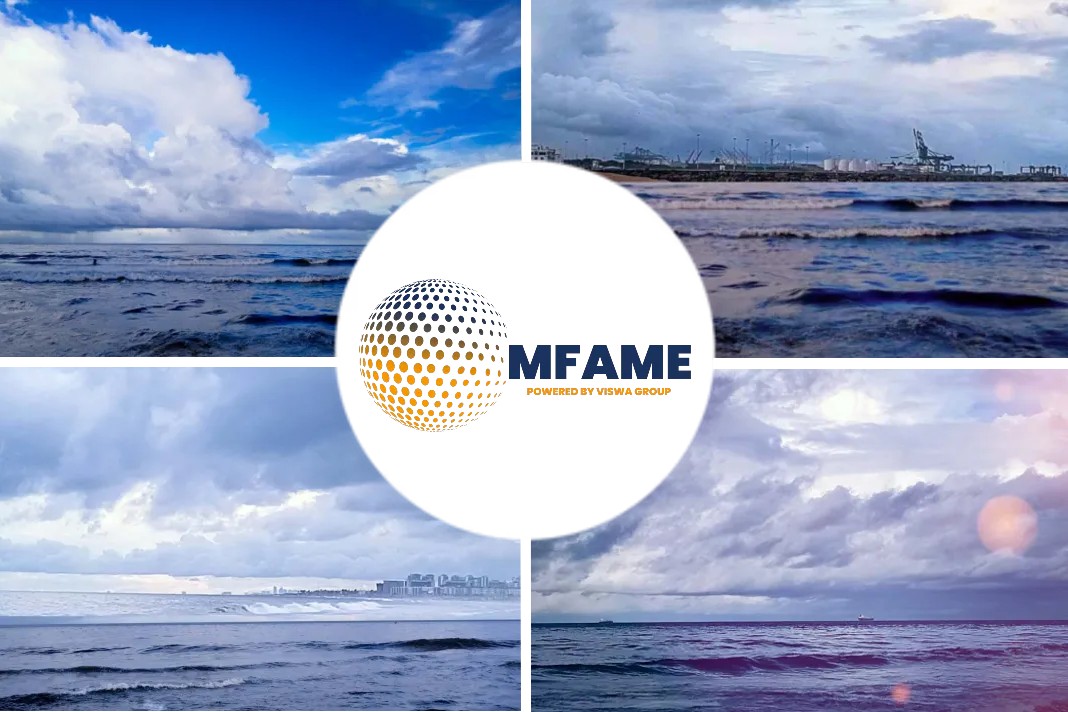
- Gasunie secured two FSRUs for the Eemshaven LNG terminal this year.
- Various preconditions for the expansion of import capacity need to be worked out like finding a suitable location, available transmission capacity etc.
- The minister also issued a warning that the expansion of import capacity would not guarantee an increase in available supply.
Dutch system operator Gasunie is mulling the addition of an LNG import terminal in the Netherlands but told Argus that “all options are still open”, after members of the Dutch lower house reignited the debate about the expansion of import capacity last week.
Expanding import capacity
“The quickest way of expanding the country’s import capacity is through the addition of another floating storage and regasification unit (FSRU), but all options are still being studied,” Gasunie said.
Dutch climate and energy minister Rob Jetten told members of the lower house last week that the government is looking at a “further expansion of LNG capacity in the Netherlands” and is in discussions with market parties interested in developing these import terminals.
This includes regional authorities, as well as network operators of the national and regional gas transport network.
Domestic delivery
“Gasunie already secured two FSRUs for the Eemshaven LNG terminal this year, which, together with an expansion at the existing Gate terminal, doubled the Netherlands’ LNG import capacity to 24bn m³/yr.
This has allowed the country to deliver more gas domestically but also to Germany, the Czech Republic and France,” Jetten said.
Pre conditions
But various preconditions for the expansion of import capacity need to be worked out, Jetten noted, such as finding a suitable location, the integration of the terminal and ensuring available transmission capacity.
Issued warning
The minister hopes to provide more concrete details on the plans “shortly” but warned that the expansion of import capacity would not guarantee an increase in available supply.
“We know that little additional LNG production capacity will be added to the world until 2026”, which means that Europe will attract global LNG supply, ultimately affecting the price of gas, Jetten said.
Did you subscribe to our Newsletter?
It’s Free! Click here to Subscribe.
Source: Argus Media


















